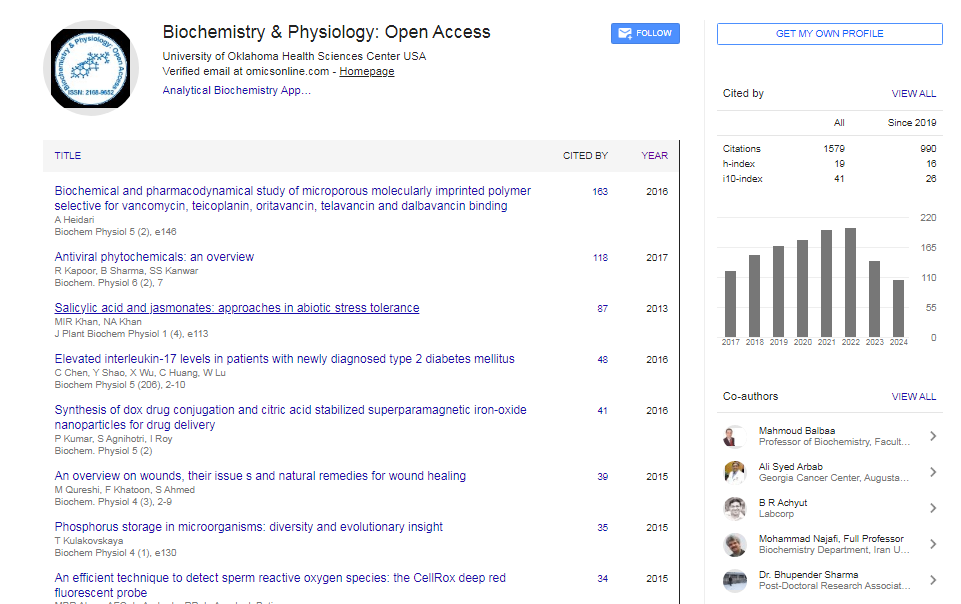Research Article
Protease, Amylase and Lactase Enzyme Stability in Gastroval® Capsules after Incubation at Acidic pH and Elevated Temperature
Edvinas Paliulis, Vaida Paketuryte and Daumantas Matulis*Department of Biothermodynamics and Drug Design, Institute of Biotechnology, Life Sciences Center, Vilnius University, Saulėtekio, Vilnius, Lithuania
- Corresponding Author:
- Daumantas Matulis
Department of Biothermodynamics and Drug Design
Institute of Biotechnology
Life Sciences Center, Saulėtekio 7, Vilnius, Lithuania
Tel: 0037052234364
E-mail: daumantas.matulis@bti.vu.lt, matulis@ibt.lt
Received date: November 11, 2016; Accepted date: November 14, 2016; Published date: December 19, 2016
Citation: Paliulis E, Paketuryte V, Matulis D (2016) Protease, Amylase and Lactase Enzyme Stability in Gastroval® Capsules after Incubation at Acidic pH and Elevated Temperature. Biochem Physiol 5:211. doi:10.4172/2168-9652.1000211
Copyright: © 2016, Paliulis E, et al. This is an open-access article distributed under the terms of the Creative Commons Attribution License, which permits unrestricted use, distribution and reproduction in any medium, provided the original author and source are credited.
Abstract
The stability of plant-derived enzymes present in digestion-alleviating food supplement capsules Gastroval® was studied by determining the survival of enzymatic activity of proteases, α-amylases, and lactases (β-galactosidase) after an exposure to acidic pH and elevated temperature. Most of the enzymatic activity after the prolonged (2 h) exposure to acidic conditions (pH 2.0) and elevated temperature (50°C) remained unchanged or slightly reduced, thus indicating that the enzymes would pass the stomach without losing their entire enzymatic activity and efficiently alleviate food digestion in the intestine.

 Spanish
Spanish  Chinese
Chinese  Russian
Russian  German
German  French
French  Japanese
Japanese  Portuguese
Portuguese  Hindi
Hindi 